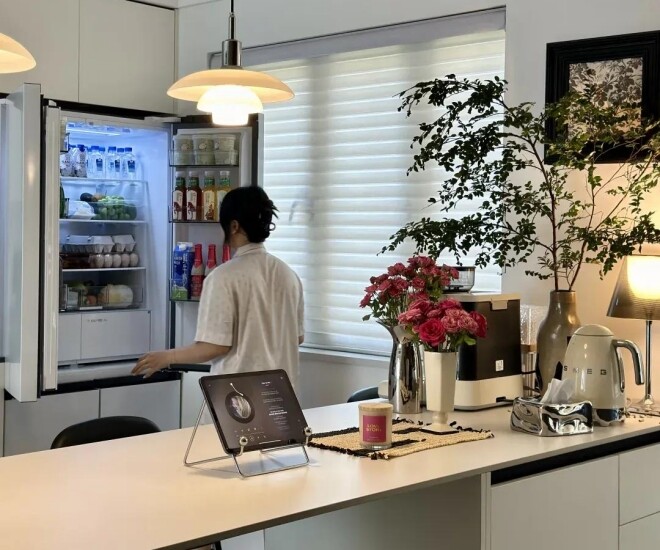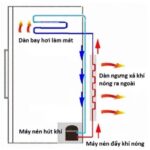Improper placement of items around your refrigerator can lead to a multitude of issues, from increased electricity consumption to potential hazards. It is essential to be mindful of how you arrange things in your kitchen to ensure safety and energy efficiency.
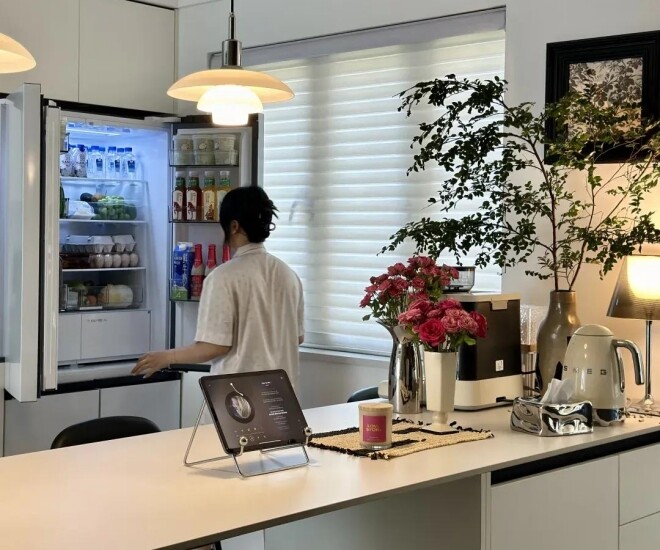
1. Avoid Placing Electronic Appliances Nearby
To maintain the efficiency and longevity of your refrigerator, it is crucial to avoid placing electronic appliances such as microwaves and ovens in close proximity. These appliances generate significant heat during operation, while your refrigerator also needs to dissipate heat to function optimally.
If the surrounding temperature is too high, it will affect the refrigerator’s cooling system, causing the compressor to work harder to maintain the internal temperature. This leads to increased electricity consumption, resulting in higher utility bills and potentially shortening the lifespan of your refrigerator.
Moreover, the excessive heat can compromise the insulation on electrical wires, increasing the risk of electrical leakage and endangering your family’s safety.
It is also advisable to keep electronic devices like televisions and speakers at a distance from the refrigerator. When the refrigerator starts up or shuts down, it emits electromagnetic waves that can interfere with these devices, causing flickering images or unstable sound.
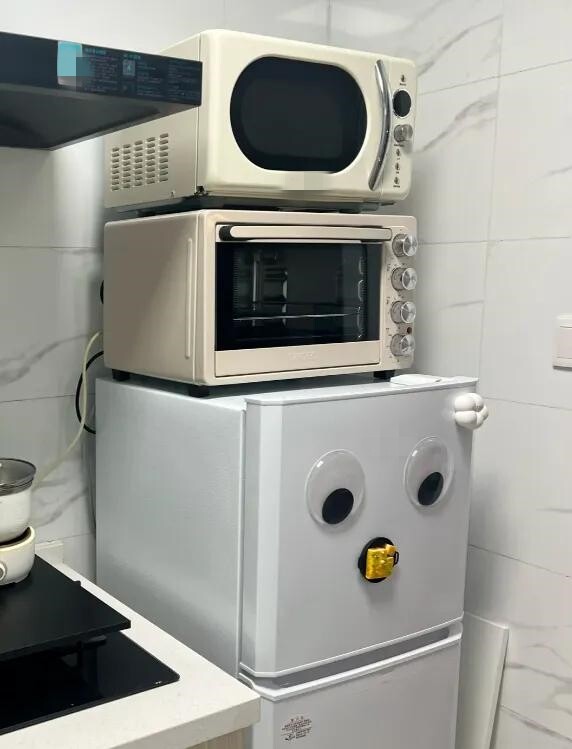
2. Stay Clear of Flammable Objects
For the safety of your household, it is imperative to keep flammable objects away from the refrigerator area. This includes items such as alcohol, gasoline, and other flammable liquids, as well as paper and fabric materials. The compressor of the refrigerator generates heat during operation, and if flammable objects are placed too close, it can increase the temperature or create electrical hazards, leading to fire or explosion risks.
Liquids like alcohol and gasoline are highly volatile and can produce flammable vapors. When these vapors reach a certain concentration in the air and come into contact with an ignition source, they can ignite or even explode. Additionally, paper and fabric are highly combustible and can quickly spread fires, posing a significant threat to your home.
Even seemingly harmless materials like plastic bags or plastic wrap can deform or melt when exposed to the heat dissipated by the refrigerator over time, releasing toxic gases and creating a potential fire hazard.
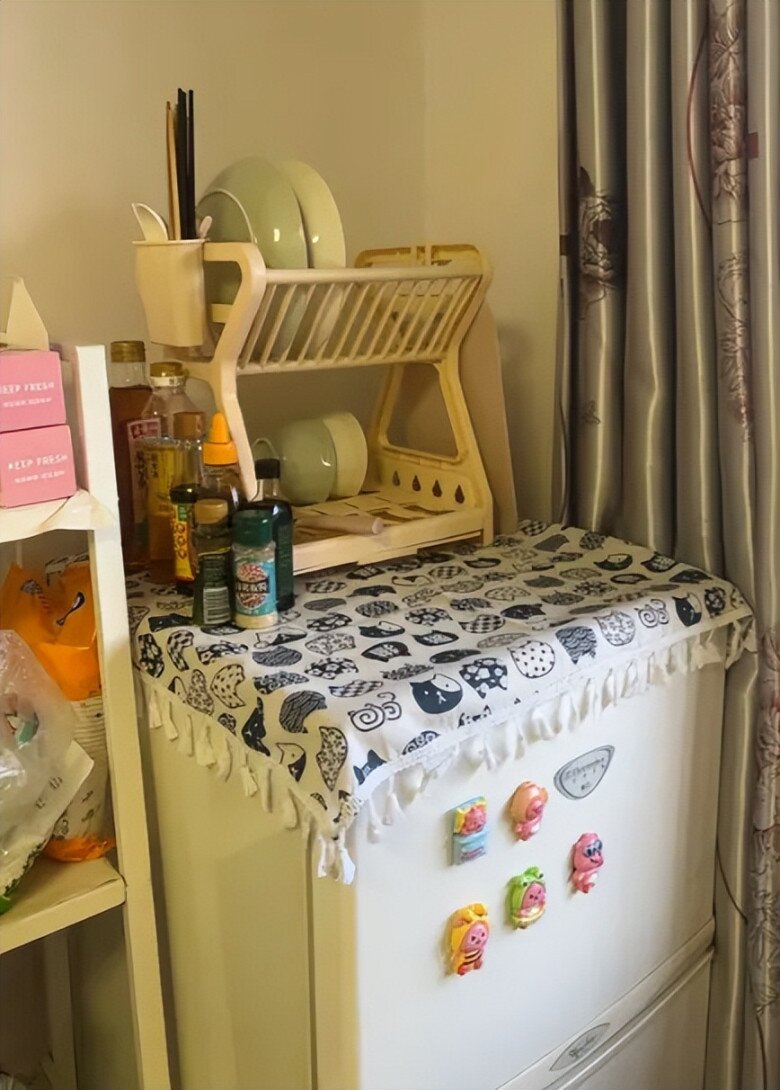
3. Don’t Crowd the Refrigerator
It is advisable not to pile things around your refrigerator as it can obstruct ventilation and heat dissipation. Ensure that the ventilation holes at the bottom of the refrigerator are not blocked, as this will hinder air circulation and affect the appliance’s ability to cool effectively.
Crowding the refrigerator is akin to making it wear a “warm coat,” forcing it to work harder in a hot environment. Consequently, it will consume more energy and may struggle to maintain the desired internal temperature, impacting food preservation.
Additionally, a cluttered environment makes it challenging to clean and maintain the refrigerator properly. Dust, pet hair, and other contaminants can easily accumulate in the cooling system, reducing its efficiency over time. Therefore, keeping the space around your refrigerator tidy and well-ventilated is crucial for its optimal performance and longevity.
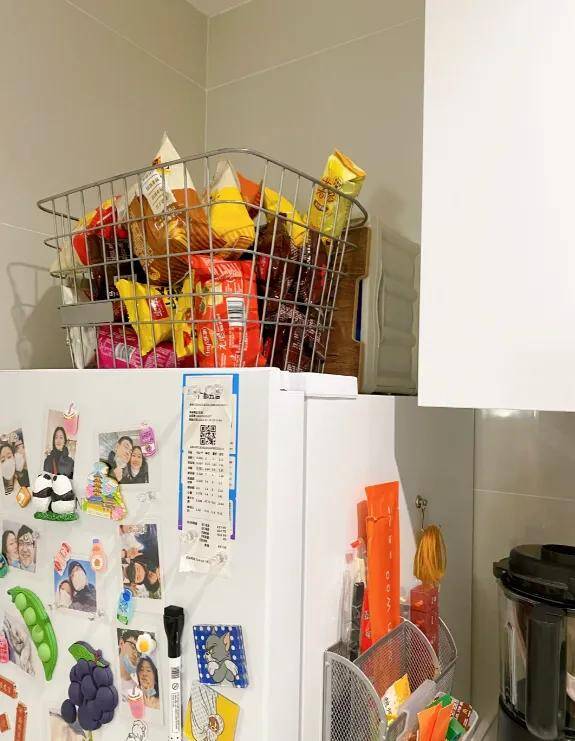
4. Steer Clear of Placing Plants on Top
According to experts, it is not advisable to place plants on or near the top of your refrigerator. The refrigerator emits heat and moisture, which may not be suitable for many plant species, leading to wilting or death.
Moreover, during watering, if water accidentally spills and reaches the underside or surrounding areas of the refrigerator, it can cause corrosion of metal parts or even enter the electrical system, resulting in damage and potential electrical hazards.
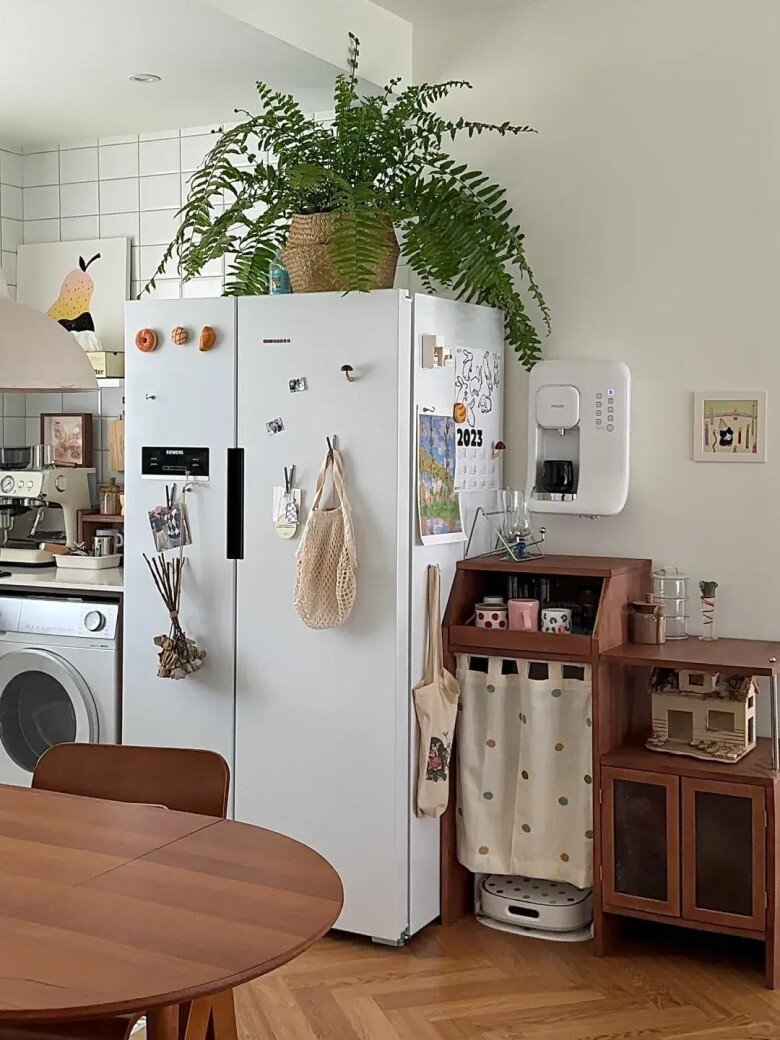
Should You Keep the Door Open or Closed While Using a Range Hood? Uncover the Right Answer to This Common Misconception.
The age-old debate of whether to keep the door open or closed while using a range hood has finally met its match. Get it wrong and you risk not only reducing the efficiency of your appliance but also its longevity. It’s time to set the record straight and uncover the truth behind this kitchen conundrum once and for all.
























